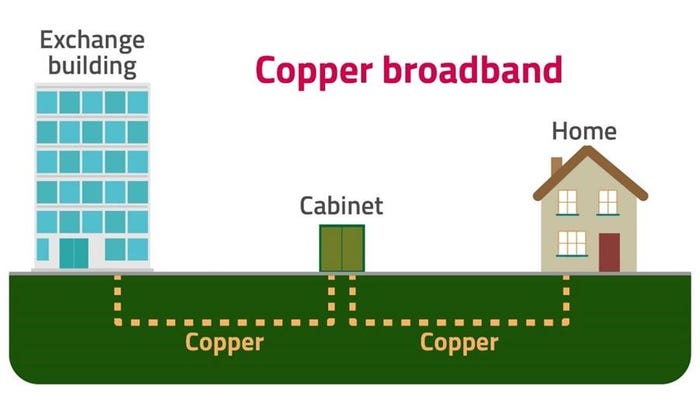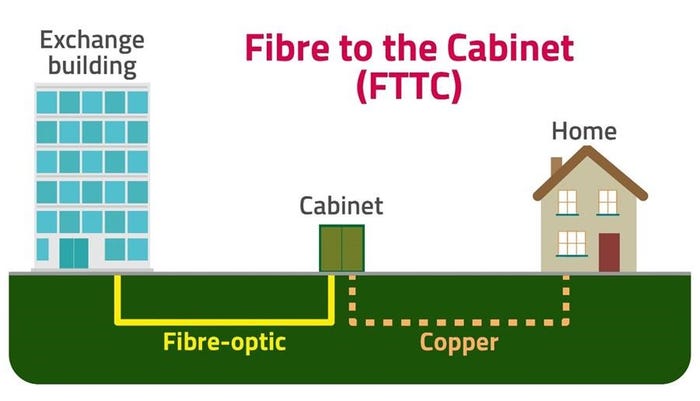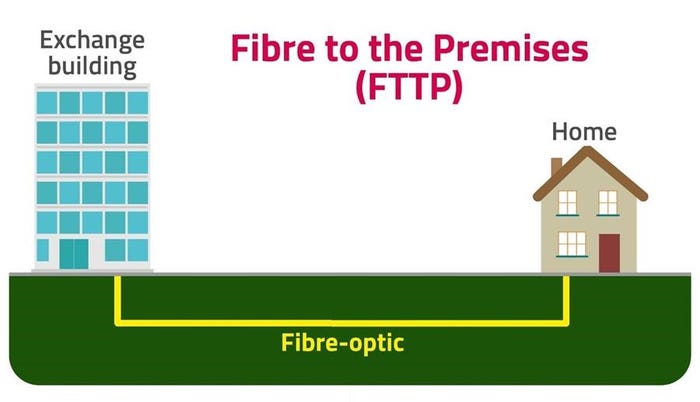UK comms regulator Ofcom says the term fibre is applied inconsistently by the industry, and is considering new guidance as to how broadband firms market their products.
March 8, 2023

UK comms regulator Ofcom says the term fibre is applied inconsistently by the industry, and is considering new guidance as to how broadband firms phrase contracts.
Under the proposed new rules, ISPs would only be able to use the terms ‘fibre’ and ‘full-fibre’ if their network uses fibre-optic cables all the way from the exchange to the home. Ofcom also wants customers to be provided with ‘a short, easy-to-understand description’ of the type of broadband they are getting when signing up to deals.
The regulator claims at the present ‘fibre’ is being used to describe older part-fibre, part-copper technologies, and that this is confusing consumers. It’s also done some research which apparently found that only 46% of customers who reported being on full-fibre broadband were actually living in areas where it is available.
The research also found that 27% of broadband customers ‘lacked confidence in understanding the language and terminology used by providers’, and that when choosing a broadband service 53% said they would find it useful to have a short description of the underlying technology used to deliver the services.
While it acknowledges there are existing rules related to describing a service, Ofcom does not believe ‘there is sufficient clarity and consistency in how the underlying technologies used to deliver broadband services are described.’
“It’s vital that customers are provided with the right information to help them choose the best broadband service for them,” said Selina Chadha, Ofcom’s Director of Connectivity. “But some of the industry jargon used to describe the underlying technology supporting their broadband service can be unclear and inconsistent, meaning customers are left confused. So today we’re proposing to introduce new guidance to ensure that broadband firms give clearer, straightforward information about their services – making it easier for people to take advantage of more reliable, and potentially higher speed technology, as it becomes available.”
The regulator is now looking for feedback on these proposals which should be submitted by 3 May 2023, and the final decision should be published later this year.
As we noted in our opening coverage from MWC last week, the telecoms industry is becoming increasingly complex and its sometimes tricky to explain in a nutshell fundamental principles – for example what it is 5G actually does for your average punter.
It’s one thing for the industry to speak to itself in very technical and perhaps abstract ways but even for those familiar with the space some of the incoming arcana from marketing departments and technical presentations can make you go crossed eyed at times.
It makes sense that that efforts should be made so that ambiguity and jargon doesn’t leak out into the information for consumers where possible, who have little chance of making head nor tail of the type of things that are discussed at shows like MWC. So while we should always be cautious of regulation for its own sake there does appear to be a case to be made for everyone being a bit clearer when explaining what it is next-gen networks are and do.
Here’s some handy pics Ofcom has produced explaining the differences between broadband technology:



Get the latest news straight to your inbox. Register for the Telecoms.com newsletter here.
About the Author(s)
You May Also Like








.png?width=300&auto=webp&quality=80&disable=upscale)


_1.jpg?width=300&auto=webp&quality=80&disable=upscale)


.png?width=800&auto=webp&quality=80&disable=upscale)